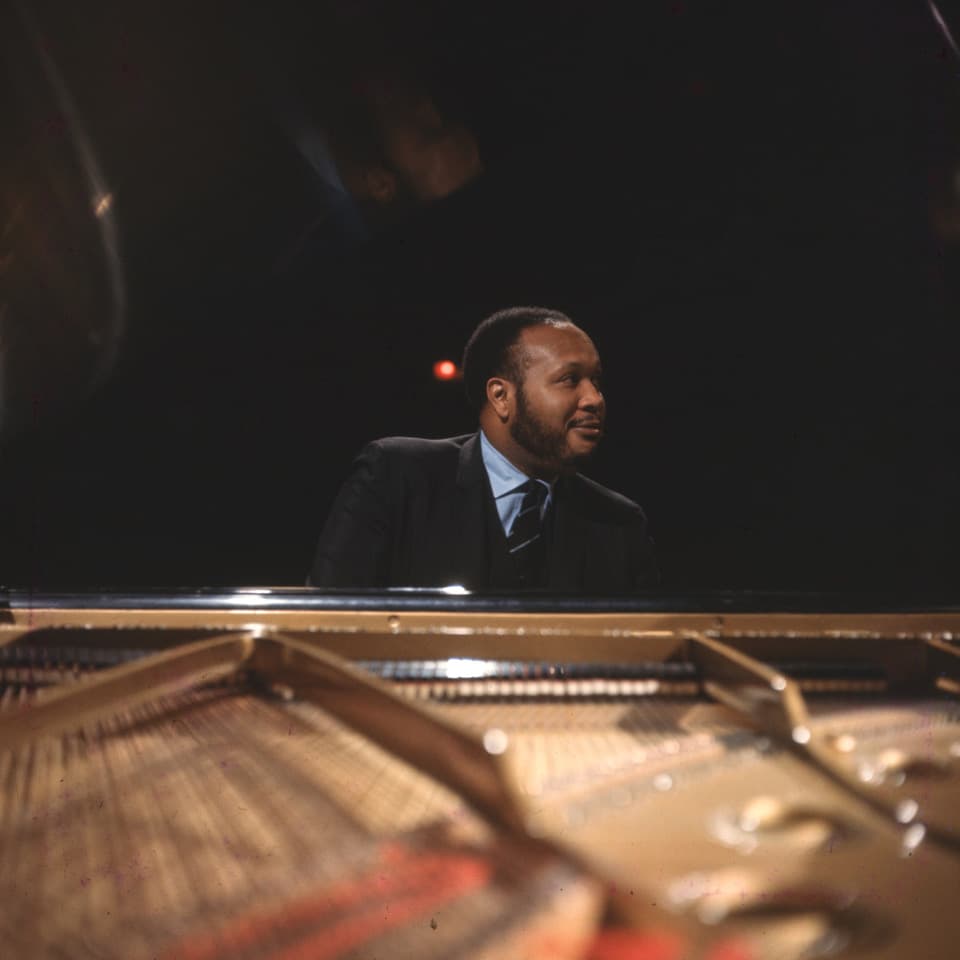
The GOP Will Beat History in the Midterms by Sticking to Its America-First Values
By LAWRENCE KUDLOW
|A great addition to the pianist’s catalog, consisting of a three-CD package of live recordings made at two clubs on two coasts in 1966 and the year after.


By LAWRENCE KUDLOW
|
By MATTHEW RICE
|
By LUKE FUNK
|
By THE NEW YORK SUN
|
By BENNY AVNI
|
By JULIE BURCHILL
|
By MATTHEW RICE
|
By BRADLEY CORTRIGHT
|Already have a subscription? Sign in to continue reading
$0.01/day for 60 days
Cancel anytime
By continuing you agree to our Privacy Policy and Terms of Service.